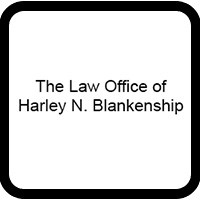Fairdale Estate Lawyer, Kentucky
Sponsored Law Firm
-
 x
x

Click For More Info:
-
Law Office of Lawrence Belanger
101 North 7th St Louisville, KY 40202» view mapBankruptcy & Debt Decades Of Experience
Filing for bankruptcy can be complicated, but it doesn't have to be. Attorney Lawrence Belanger helps his clients every step of the way.
800-872-6030
Harley N. Blankenship
✓ VERIFIEDAccident & Injury, Criminal, Divorce & Family Law, Estate, Real Estate
Harley Blankenship is a practicing lawyer in Louisville, KY after being admitted to the Kentucky Bar in 1970. He received his Juris Doctor in 1970 fro... (more)
William S. Bornstein
✓ VERIFIEDAccident & Injury, Real Estate, Wills & Probate
Our attorneys at Bornstein Oppenheimer, PLLC are highly experienced and reputable litigators, negotiators, advocates, and counselors. Together with a ... (more)
Brian Michael Weber
Industry Specialties, Trusts, Personal Injury, Accident & Injury
Status: In Good Standing
FREE CONSULTATION
CONTACTDennis R. Carrithers
Estate, Real Estate, Bankruptcy & Debt
Status: In Good Standing Licensed: 48 Years
Dustin Robert Rumbaugh
Trusts, Real Estate, Criminal, Commercial Real Estate
Status: In Good Standing
 Lawrence Belanger Louisville, KY
Lawrence Belanger Louisville, KY Practice AreasExpertise
Practice AreasExpertise


